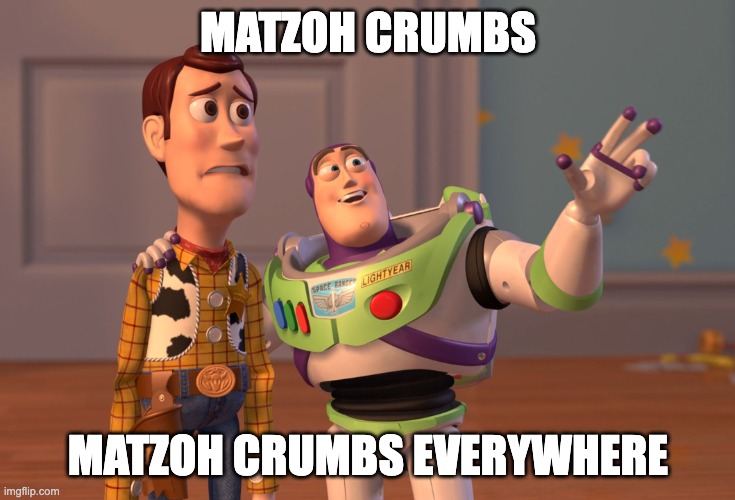Happy Monday, dear readers!
I hope my little April Fools’ joke was taken in good spirits and forgiven. Given the news of the day, your humble blogger could hardly resist. Well, why don’t we let sleeping dogs lie and move on with what’s going nowadays.
As you may recall from my earlier blog post, the WCAB recently ruled that the 5-day mailbox rule, at least for workers’ compensation matters, applies to all manner of service except personal service: mail, facsimile, or e-mail. The rules of the civil world, that provide two days extra time to act for e-mail service, don’t apply to workers’ compensation matters.
Well, we recently received more guidance, although this time from the Court of Appeal, on service rules. So first a bit of background – California Labor Code section 4062.2 allows a represented party to request a panel 10 days after a delay notice is issued by the employer. Of course, as we know from the en banc series of Messele opinions, the mailbox rule applies to the trigger of the panel process, so it’s actually 15 days for in-state service.
What happens when the party receiving the delay notice is in California, but the party sending the delay notice is not? If XYZ Insurance Co. sends the delay notice from Alabama to an applicant in California, is the service time 5 days or 10? After all, 8 CCR 10605(a)(2) provides for an extension of ten days “if the place of address and the place of mailing of the party, attorney or other agent of record being served is outside of California…”
You might think it obvious, but there is clear disagreement on this point. In the recent case of Trigueros v. Gonzalez Ag, Inc. the trial judge found one way, the WCAB commissioners found the other way, and the Court of Appeal reversed the WCAB!
Applicant, a resident of California with California-based attorneys, filed a workers’ compensation claim and the employer’s insurance company responded by mailing a delay notice from its office in Missouri. Applicant requested a panel on the sixteenth day from service of the delay notice, and defendant objected, arguing that since the insurance company mailed the delay notice from outside of California, service as 10 days and not 5 – applicant’s panel was premature.
At trial, the WCJ found that the panel was valid and not premature, but the WCAB reversed, interpreting section 10605 to mean that if either the sender or the recipient is outside of the state of California, the time for service is 10 days rather than 5. Just a side note, dear readers, if this is the correct interpretation, then what would be the proper service time if both the sender and the recipient are outside of the State of California, but both within the same state? If a California applicant moves to the same state where his employer’s insurer keeps its office, would that mean that we’re back to down to 5 days?
Well the Court of Appeal, in an UNPUBLISHED opinion, reversed the WCAB, interpreting section 10605 to only apply to the recipient: “the location where any triggering mailing originates from is … irrelevant.”
Now, of course, since the California prohibits citation to unpublished opinions, your humble blogger urges you not to march into court waiving this opinion around. However, this provides further guidance on when to request a panel and when to (or not to) cry foul.
Chins up, dear readers, the week is just beginning!

